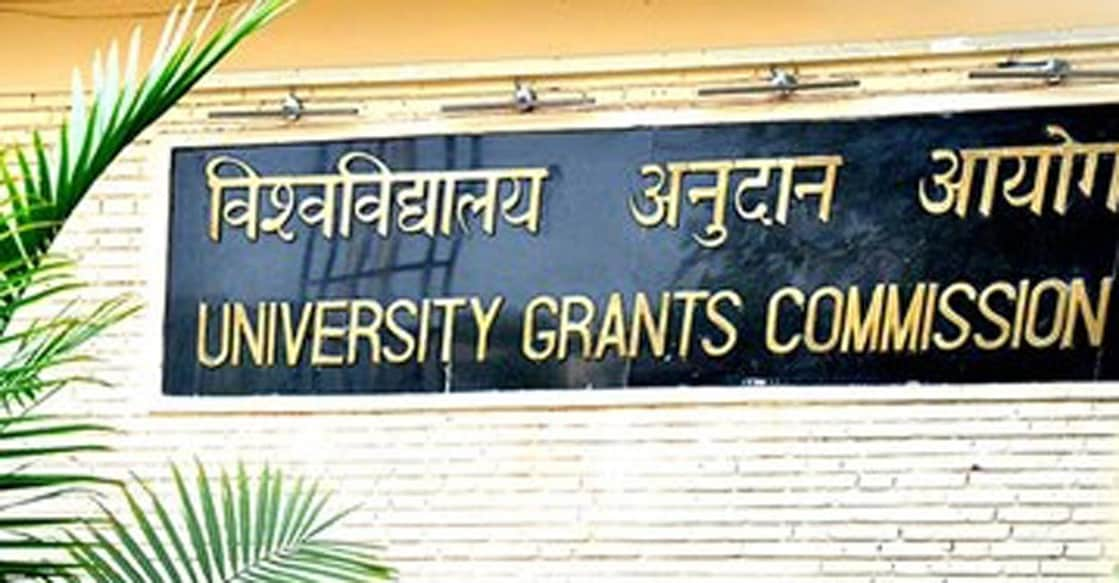Course credits to be made more acceptable, transferable internationally: UGC chairman

Mail This Article
New Delhi: The National Credit Framework (NCrF) will lend credibility and authenticity to the credits being earned under courses in India, UGC Chairman M Jagadesh Kumar said on Wednesday. The move will make these credits more acceptable and transferable internationally.
The NCrF, which was notified on Tuesday, will integrate learning at multiple axes, like academics, vocational skills, and even experiential learning including relevant experiences and proficiency/professional levels acquired. Even online, digital and blended learning could now be "creditised" and accumulated.
"The international equivalence and transfer of credits shall be enabled through various multilateral and bilateral agreements between regulators of the countries concerned. NCrF would lend credibility and authenticity to the credits being assigned and earned under various programmes in India, making these credits more acceptable and transferable internationally," Kumar said.
NCrF provides the opportunity for accreditation and progression pathways for other learnings not credited earlier for awarding a certificate, diploma, and degree for encouraging lifelong learning. Credits accumulated by each student shall be stored in the Academic Bank of Credits (ABC) technology platform, he said.
"ABC enables every student and educational institution to digitally keep a record of all the credits earned and accumulated throughout life in a standard account. ABC can be used to store irrespective of the type of learning- academic, vocational, or experiential learning," Kumar added.
The UGC chairman explained that the credit assignment is a function of the total hours of learning put in by a student in a year versus the full credits available in a year.
"The learning hours, irrespective of the mode of learning (offline, online, or blended), shall continue to follow the broad principles specified in NCrF. This will enhance the extensive use of technology in education.
"The NEP2020 emphasises the integration of general academic education and vocational and skill education, providing seamless horizontal and vertical mobility between the two streams for lifelong learning. NCrF provides this mechanism while ensuring equivalence within and between these two education streams," he said.
Encompassing school education under a credit framework for the first time, the NCrF has divided the learning ecosystem into eight levels, assigning credits based on learning hours from class 5 up to PhD level.
The final report of NCrF also puts the Indian knowledge system on the list, that too under the "special achievers" category. This was not mentioned in the draft document released in October.
The other fields that are eligible for accreditation along with the Indian knowledge system, are sports and games, personalised arts, master craftsmen of heritage and traditional skills, social work in high-impact areas such as education, health care, and anti-drugs, and innovation and start-ups.
The document, however, stressed that credits must be awarded based on pre-defined learning outcomes along with criteria for special achievements.
It states that special achievements could be winning medals or holding positions in national or international events, Padma or other awards conferred by central or state governments or other recognised bodies, and high-impact high-priority social work which could be duly assessed through independent assessment methods.
The document stated that transfer of credits is possible only when credits are recognised by the awarding bodies and there is a mutual agreement on credits between the body allocating credits and the body accepting those.
"While having the requisite number of credits shall make a learner fulfil the eligibility criteria for entry to a programme, it would be the decision of the accepting institution to prescribe the modalities and process for admission which may include merit-based listing, an entrance test/examination or simply first come-first serve basis," the document stated.
(With inputs from PTI)

